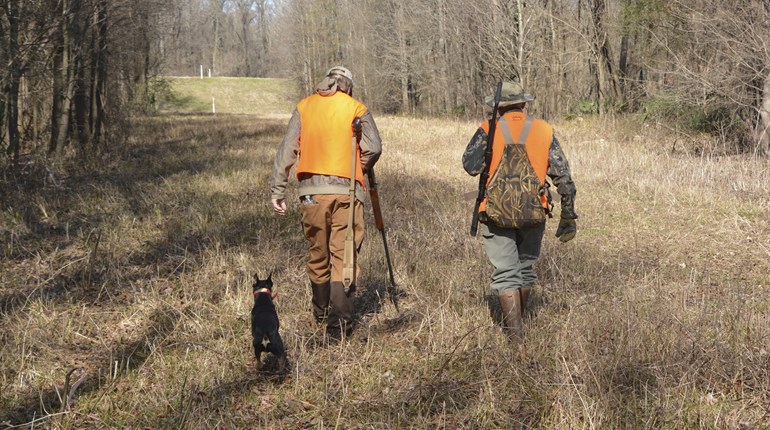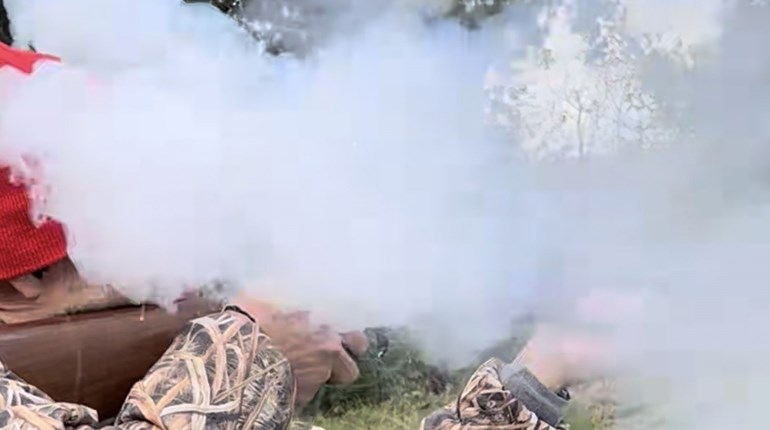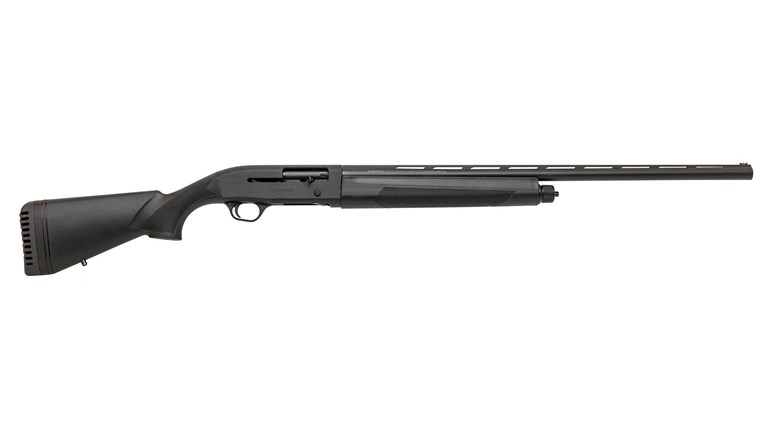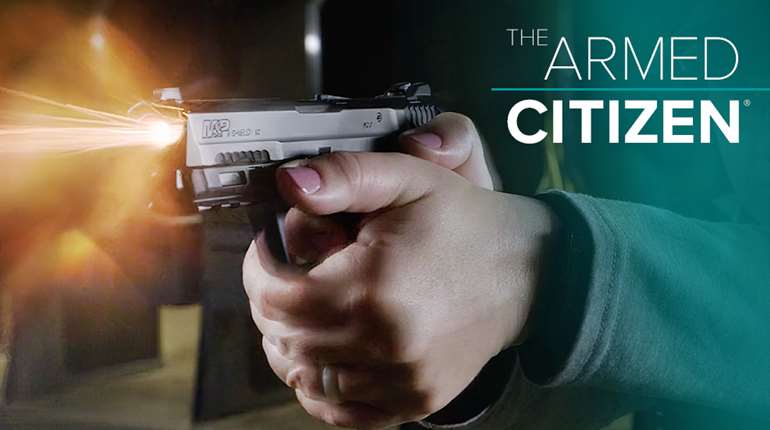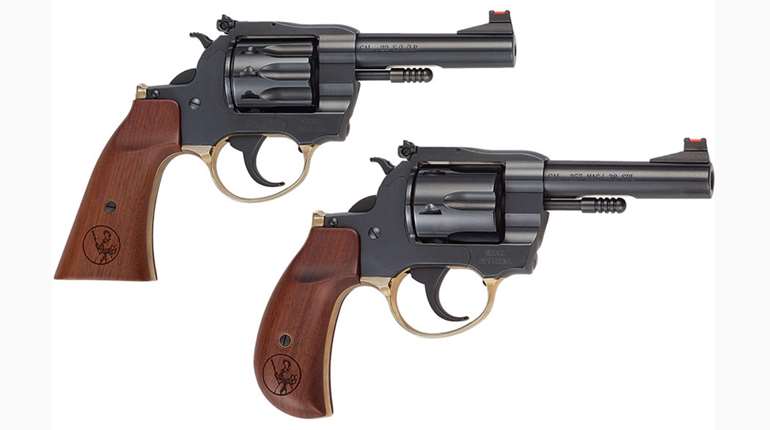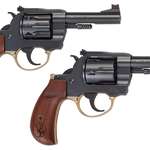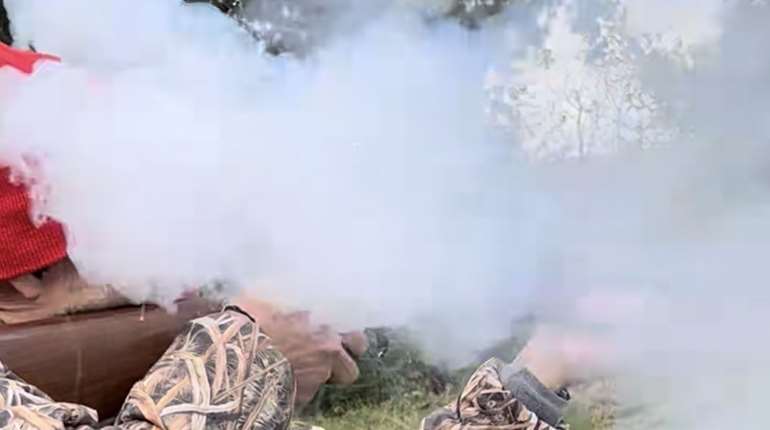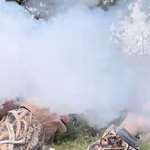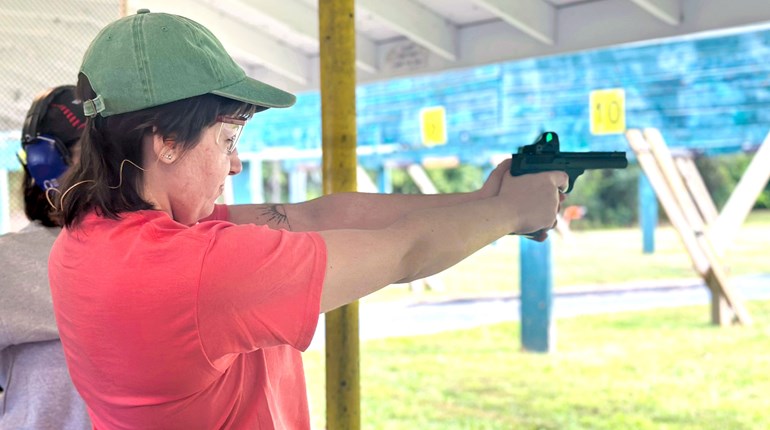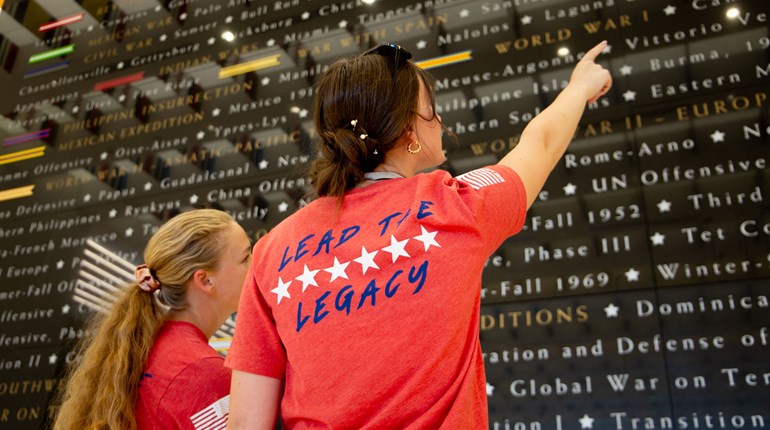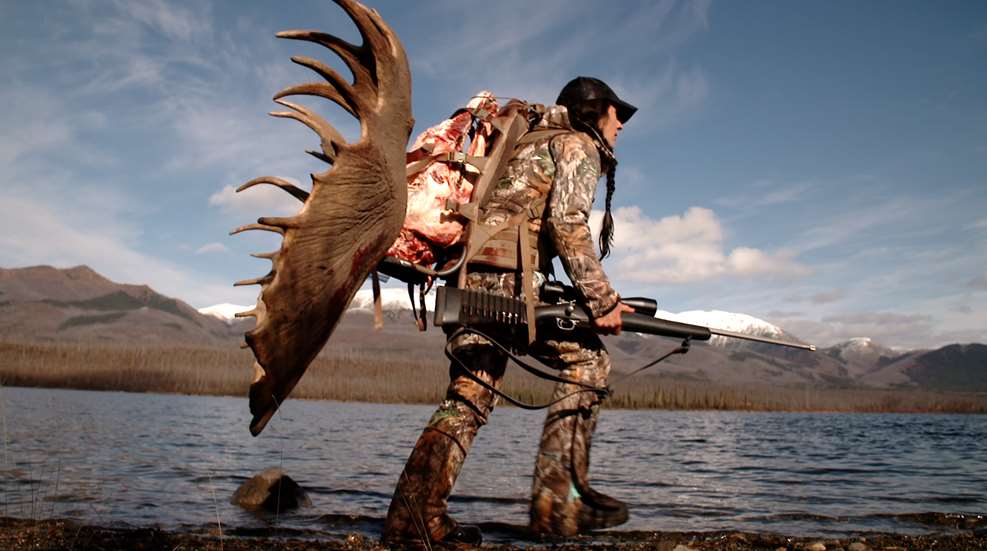
Many hunters prefer to do everything related to the hunt on their own, but there are many hunts that require an outfitter, and offer a much better chance at a once-in-a-lifetime experience in exchange. With the right outfitter, not only can you expect an amazing adventure, but also you may just create friendships that will last a lifetime. Many of the people I’ve hunted with over the years have become close friends whom I enjoy seeing and catching up with at shows each year.
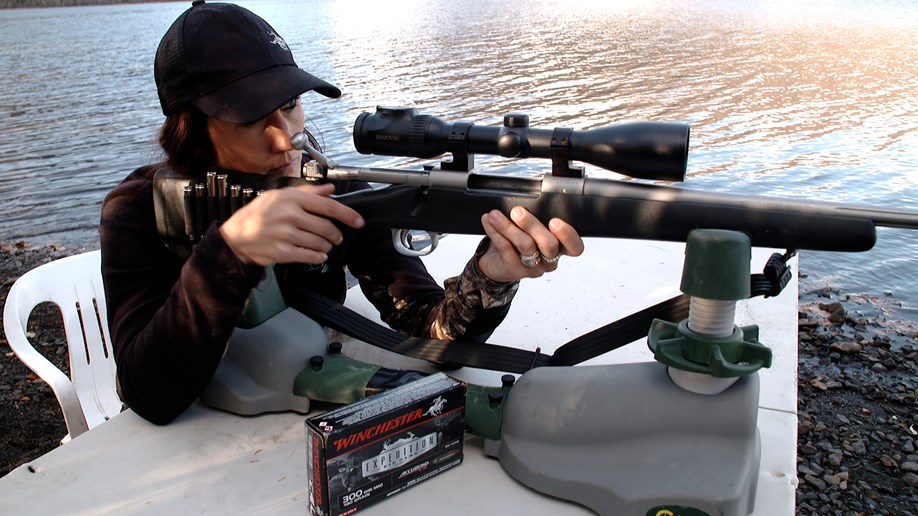
If you’re thinking about booking an outfitted hunt, the key to having an overall positive experience is communication. With that in mind, there are some very specific questions you should ask to so you’ll know exactly what you’re paying for, what you’ll be getting, and the type of accommodations in which you'll bunk.
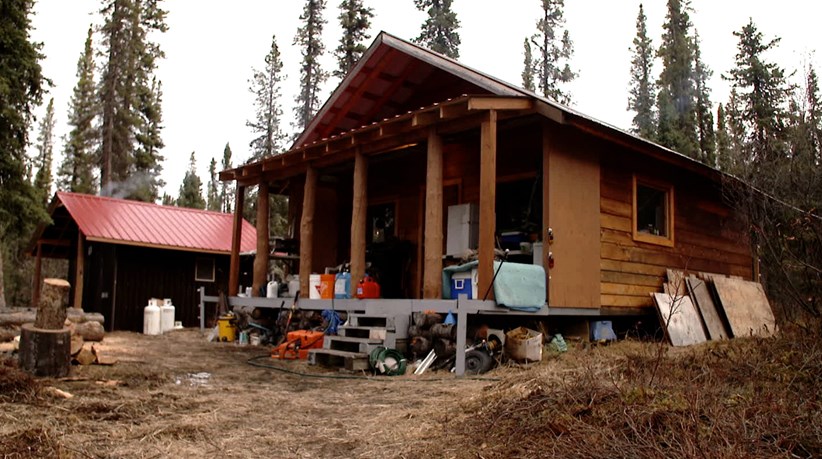
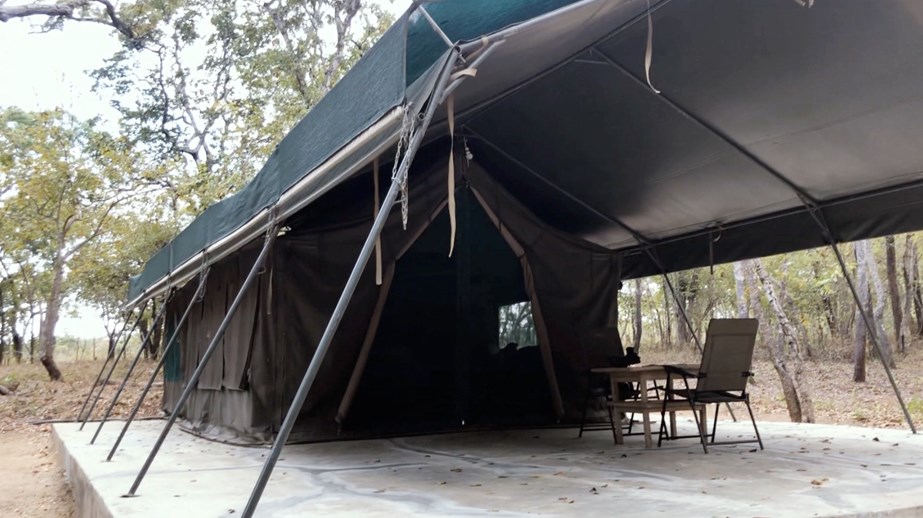
Accommodations and Gear
While accommodations aren’t everything when it comes to hunting, it’s never ideal to arrive at camp and have very different setup than you expected. Keep this checklist of questions pertaining to accommodations and gear handy.
- Are the sleeping quarters private, bunk style, cabins, tents? Even outfitters who offer bunk-style sleeping quarters may also have private rooms for women or couples, so always ask and check on this ahead of time.
- How many people will be sharing the bathroom?
- Is there running water?
- Do I need to bring my own food or are meals included? Be sure to let them know of any food allergies ahead of time so they can be prepared. Always bring your favorite snacks and drinks as well to take into the field.
- Find out about their cancellation policy, and ask when the hunt deposit and balance is due to ensure your hunt is locked in.
- Ask about the number of people you’ll have in camp so you can have enough cash to properly tip cooks, cleaning staff, guides, etc. If you prefer not to bring cash, ask to have the tips added to your up-front hunt cost.
- Is there a weight limit on gear? This is normally the case for fly-in type hunts. Policies on this are usually strict so try to stay within their limitations.
- Will there be power in camp?
- Is there a "draw" system on tags or are they guaranteed?
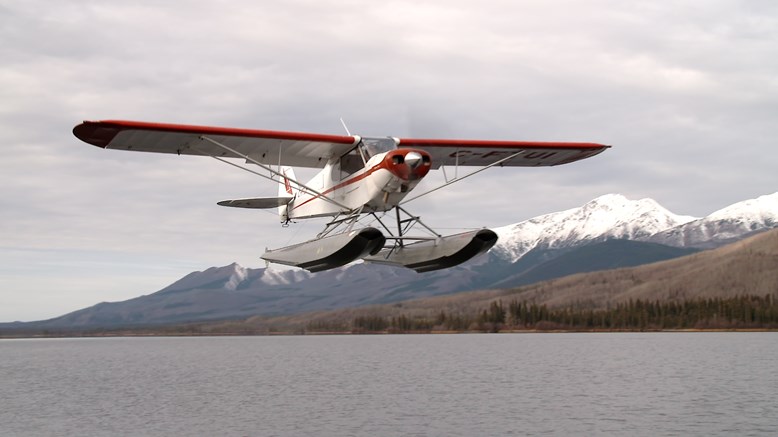
Type of Hunt
- How much walking should you expect? Ensure you have the proper footwear. If you’re unsure, ask what they recommend as this can literally make or break a hunt.
- Will it be treestand hunting? If so make sure to throw in your own safety harness.
- Is there a recommended gear list? Many outfitters have a breakdown of recommended equipment to have a great hunt. Remember, your success is a reflection of their hunt, so they want you to have the best chances.
- What type of optics are recommended? If you’re going to be doing a lot of long-range glassing, bigger binoculars and spotting scopes are great. If you’re doing a lot of hiking, smaller more compact options may be better.
- What caliber ammunition/firearm is recommended? Ensure what you plan to bring fits in their requirements and discuss your ammunition with the outfitter as well.
- Will the hunt be a one-on-one experience with a guide or if there will be multiple hunters with one guide?
- If there are multiple hunters, who hunts first, and is everyone together as a group throughout the entire hunt?
- Will the guide be with you the entire time or do they drop you off on a stand location or area?
- Will the hunt be taking place on public or private ground? This is important if you plan to film your hunt, as camera/film permits are required to hunt on public ground.
- Do you need specific licenses and tags before arriving in camp, or will they have taken care of this for you?
- Blaze orange. If you will be using a firearm, always ask about the blaze orange requirements.
- Before leaving for your hunt, get a copy of the states hunting rules and regulations. Always bring this with you, as questions related to this often arise, and not every outfitter has a copy in camp.
- Will a pack-out of the animal be necessary? If so, ensure you have a proper fitting frame pack to help.
- Are there are trophy fees or extra costs to be aware of either during or after the hunt?
- If flying in, will they greet you at the airport? Also, if coming into another country, be sure they help you ahead of time with all the paperwork for your guns and ammunition.
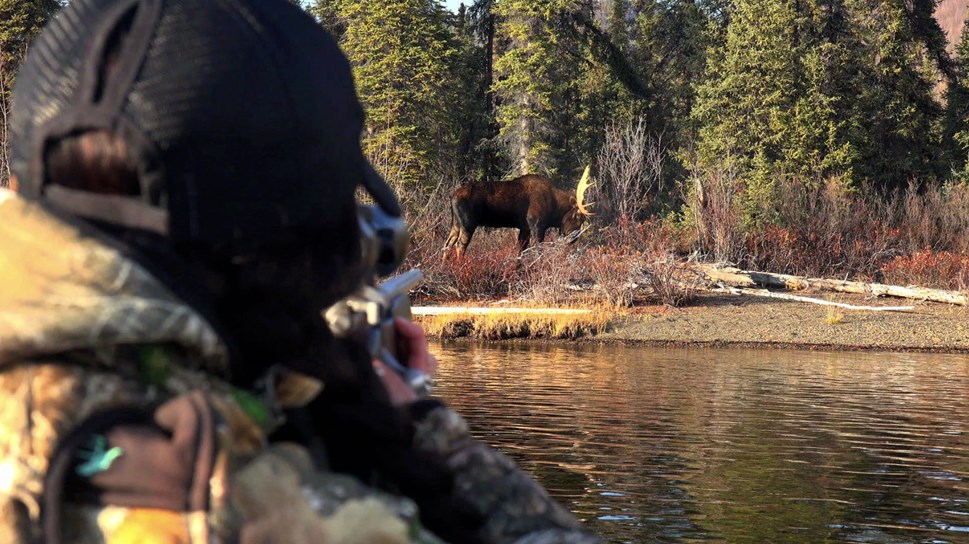
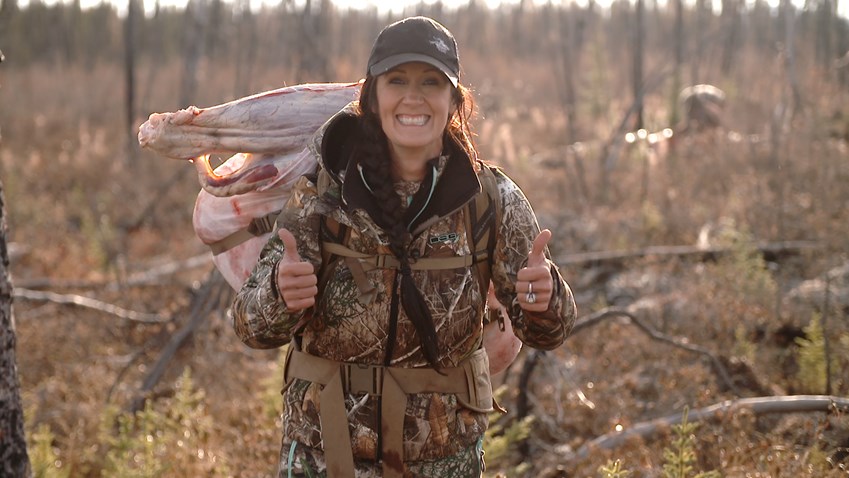
Overall, booking a hunt with an outfitter should be a fun, not scary, experience. The key is to ask a ton of questions so you’ll understand exactly what you’ll be getting and what is included. Good luck and enjoy the experience!












